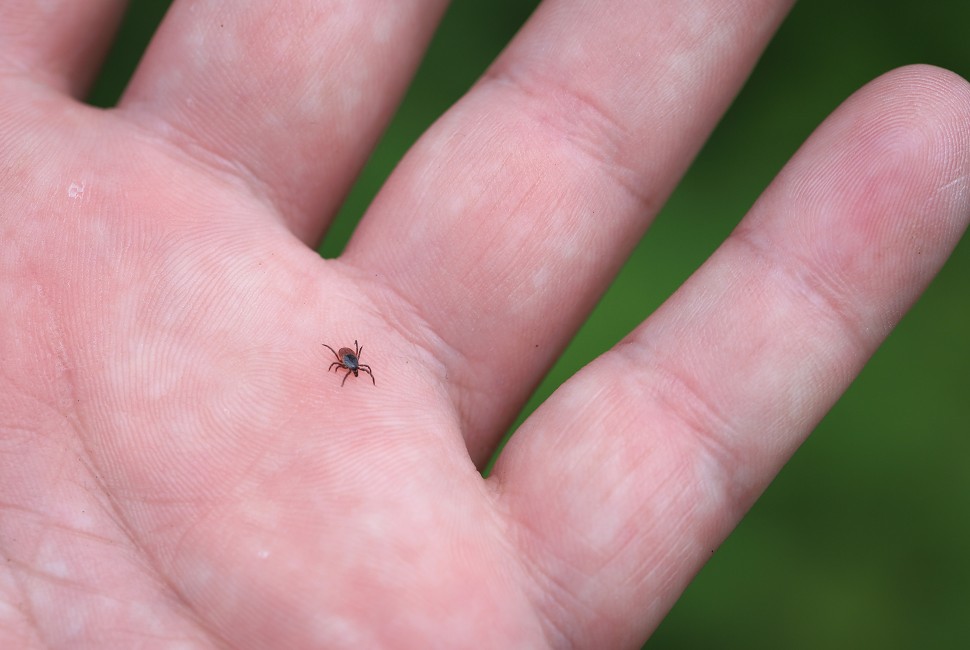Lyme disease, a disease transmitted when deer ticks feed on infected animals like deer and rodents, and then bite humans, impacts nearly half a million individuals in the U.S. annually. Lyme can be devastating; but early treatment with antibiotics can prevent chronic symptoms like heart and neurological problems and arthritis from developing.
What’s new
In two new studies led by bacteriologist Brandon L. Jutras, Northwestern scientists have identified an antibiotic that cures Lyme disease at a fraction of the dosage of the current “gold standard” treatment and discovered what may cause a treated infection to mimic chronic illness in patients. The studies were published in the journal Science Translational Medicine.
Jutras, who joined Northwestern faculty last summer, is an associate professor of microbiology-immunology at Northwestern University Feinberg School of Medicine and a member of the Center for Human Immunobiology at Northwestern. He has been studying Lyme disease for more than 15 years.

